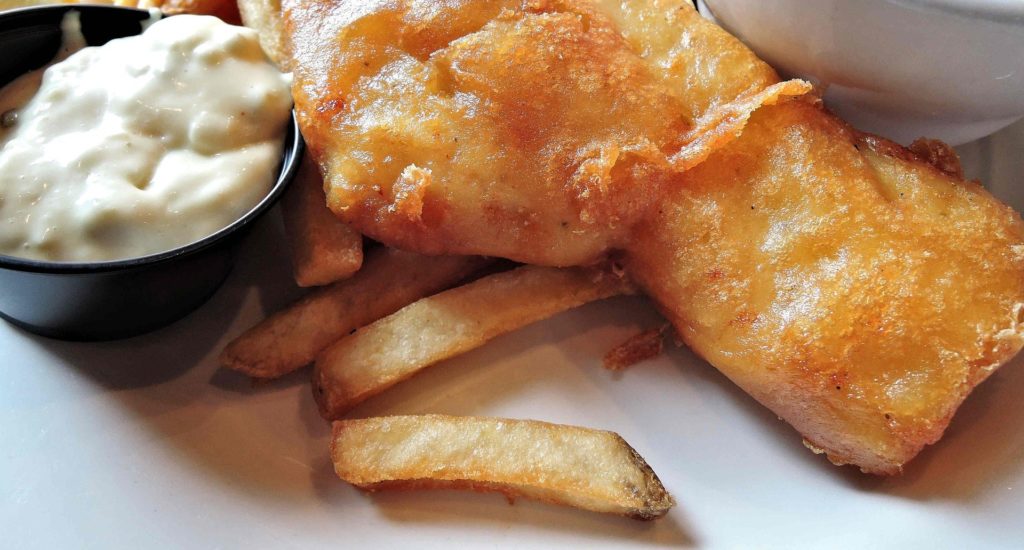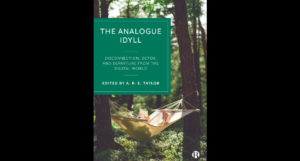Study tracks UK’s journey from seafood self-sufficiency to dependence on imports

More than a century of data reveals how the UK has gone from supplying domestic seafood needs from productive home waters to importing seafood from almost 90 countries.
University of Exeter researchers compiled data on UK fishing and seafood imports from 1900 to 2020.
They found that catch in UK waters declined in the 1970s due to overfishing, and subsequently due to regulations brought in to rebuild fish stocks. Imports grew to meet the growing supply gap – and by 1985 imports overtook domestic landings.
Seafood eaten in the UK is mostly the “big five” – cod, haddock, salmon, tuna and prawns – which are either depleted or non-existent in our waters.
The UK now imports more than six times as much seafood as in 1900, and it comes from over 2,000 miles away on average – with China the largest source. Today, an estimated 80% of UK seafood demand is met by imports from overseas fisheries.
“The historical records show that the UK imported from five countries in 1900 and 89 by 2020,” said first author Zoe Heard, from the Centre for Ecology and Conservation on Exeter’s Penryn Campus in Cornwall.
“We now import seafood from all continents – showing how our demand for seafood has an increasingly global reach. But with that growing reach comes a responsibility to ensure British seafood imports are not driving overfishing and destructive fishing in distant waters.”
Co-author Callum Roberts, Professor of Marine Conservation at the University of Exeter and lead scientist for the Convex Seascape Survey, said: “The seas around countries like the UK once supported prolific fisheries that easily met national demand for fish.
“But more than 100 years of intensive overfishing and mismanagement have diminished opportunities, forcing us to get fish from further afield.
“These distant fisheries in places like West Africa and the Indian Ocean often deprive local communities of badly needed seafood and employment.”
Heard added: “Our results demonstrate the urgent need for improved fisheries management to help local stocks recover, diversification of consumption beyond the ‘big five’, and better international collaboration to break the serial depletion of popular food fish.”
Co-author Ruth Thurstan, Associate Professor in Marine and Historical Ecology at the University of Exeter, said: “This study emphasises the importance of considering not only how our fish are caught, but where our fish come from.
“Our favoured species are not only caught using highly destructive gears, but the distances these products travel can also have a high carbon footprint.
“Switching to fish caught in UK waters using sustainable fishing methods both supports local coastal communities and efforts to reduce carbon.”
This work was funded by the European Research Council (ERC) under the European Union’s Horizon 2020 research and innovation programme (grant agreement No 856488 – ERC Synergy project “SEACHANGE: Quantifying the impact of major cultural transitions on marine ecosystem functioning and biodiversity”).
Zoe Heard was also supported by a research bursary from The Fishmongers’ Company’s Fisheries Charitable Trust (FCFCT) for “Uncovering the past for present day insights: discovering past fish availability using untapped archival records”.
The paper, published in the journal Reviews in Fish Biology and Fisheries, is entitled: “The UK’s expanding global reach for seafood over 120-years.”



